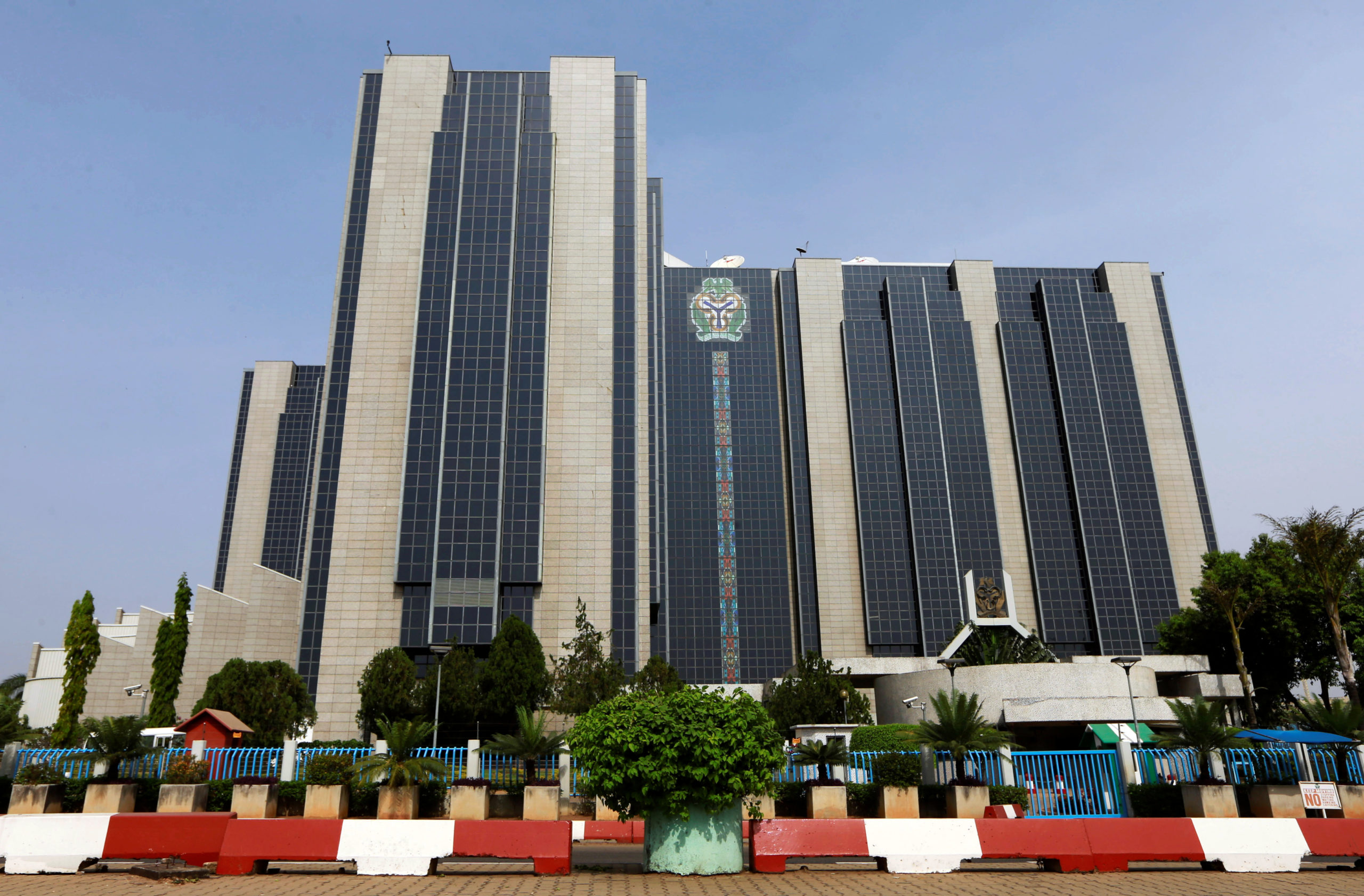* Promises Nigeria’s commitment towards catalyzing mineral-led renaissance under Renewed Hope Agenda
Deji Elumoye in Abuja
President Bola Tinubu has clamoured for a total re-phase in the global financial architecture of Africa’s mineral resources, saying it is time for its nations to begin to not only finance its mineral sector, but also assert their influence and power in the African products’ global supply chains.
According to the president, this has become necessary if African nations’ sovereignty is to be protected, while also recommending collective action by development allies and partners, to bring Africa’s mineral economy to reality for the benefit of the continent.
President Tinubu, represented by Vice-President Kashim Shettima, called for these decisive actions on Tuesday at the Second Africa Minerals Strategy Group (AMSG) High-Level Roundtable on Critical Minerals Development in Africa, held on the margins of the 80th Session of the United Nations General Assembly (UNGA), New York City.
“We must take the bull by the horns in financing our future. Never again shall we wait for capital to trickle in. With sovereign funds, blended vehicles, and innovation tools like the Africa Mineral Token, Africa shall finance Africa. To safeguard this sovereignty, we must guard our cobalt, lithium, graphite, gold, and rare earths not as fragmented states but as one continental bloc, wielding collective power in global supply chains,” he submitted.
Pledging Nigeria’s commitment towards catalyzing a mineral-led renaissance under the Renewed Hope Agenda, as exemplified back home, the president urged African leaders to end the “ignoble cycle” of importing finished goods through accelerated government-led mineral exploration.
To unlock Africa’s mineral economic future, President Tinubu said the objective will materialize based on four imperatives.
First, the president urged African nations to climb the value chain, adding: “We must end the ignoble cycle of exporting rocks and importing finished goods. From beneficiation to green manufacturing, Africa must build industries on African soil.”
President Tinubu continued: “Second, I am proud to announce that with the African Minerals and Energy Resource Classification (AMREC), and the Pan-African Resource Reporting Code (PARC), we will no longer beg for geological knowledge of our own land. Africa’s data will be mapped, standardized and owned by Africans.
“Third, data alone is not enough. We must accelerate government-led mineral exploration and national geological mapping.
“Without exploration, there is no sovereignty. Without mapping, there is no value. Every member state must prioritize country-wide surveys, strengthen geological agencies, and pool expertise through AMSG. For when Africa owns the map, Africa owns the future.”
Fourthly, the president urged African leaders to take the bull by the horns in financing Africa’s future.
“With sovereign funds, blended vehicles, and innovative tools like the Africa Mineral Token, Africa shall finance Africa,” he maintained.
President Tinubu demanded a collective demonstration of leadership while calling upon sovereign wealth funds, private partners, and development allies to join Africa in rewriting the story of Africa’s mineral economy.
According to the president, “Nigeria, Uganda, Zimbabwe, Burkina Faso, Mali, Botswana, Gabon, and Ghana are already leading this new age of equal exchange, enforcing bans on the export of raw minerals to promote domestic beneficiation. Zimbabwe’s ban on raw lithium in 2022, Gabon’s decision to end manganese exports by 2029, and Kenya’s plan to restrict raw gold exports are historic acts of courage. Nigeria is accelerating similar reforms, for we know this is the road to jobs, to industries and to prosperity.”
President Tinubu commended Nigeria’s Minister of Solid Minerals Development, Dele Alake, who chaired the event, and the Secretary-General, H.E. Moses Michael Engadu of Uganda, for guiding Africa towards a path of productivity and pride.
“As Chair of this Roundtable, I pledge Nigeria’s unflinching commitment to ensuring that AMSG fulfils its promise of catalyzing a mineral-led renaissance. Let us rise from this dialogue with a communiqué of clarity, a framework for action, and a spirit of unity,” the president submitted.
Earlier, Alake while welcoming stakeholders and partners to the event called for cohesion amongst African nations, saying with determined focus and a reinvigorated sense of partnership and transparency in the minerals sector, Africa will harness in all ramifications the total benefits of a sustained, deepened and well harmonised mineral sector, adding that: “These resources are indispensable for global sustainable development and remain catalyst for Africa’s rapid industrialisation.”
Also speaking at the event, UN’s Assistant Secretary General and Regional Director, Africa UNDP, Ahunna Eziakonwa, urged African leaders to be cautious in terms of how they position to make most of the African resources for the people rather than to be subjected to extreme exploitation which is already happening, and being extracted without appropriate value.
She emphasised the need for leaders in the continent to ensure partnership that delivers technology transfer, beneficiation and create jobs, saying: “There is a scramble and a lot of interest in Africa’s minerals, people are coming to partner, Africa can shape the quantum of that partnership and determine what works from the partnership.”
Also, the European Union Commissioner for International Partnership, Mr Josef Sktkela, said in the last few years, European Union (EU) structured its approach, boost and secured its supply of critical raw materials.
He said EU adopted Critical Raw Materials Act in 2024, to increase domestic production and diversity supply outside the EU, saying: “Under this Act and our global gateways strategy, we have signed 14 strategic partnership with raw materials value chain of which four are in Africa.”
Shettima also held a roundtable hosted by the Business Council for International Understanding (BCIU) in partnership with the Flour Mills of Nigeria and other conglomerates, where he spoke about the investment opportunities in Nigeria and the ongoing economic reforms of President Tinubu’s administration.
The vice-president told investors that in President Tinubu they have an ally, a friend and colleague who grew up in the American ecosystem, who speaks their language and the language of business.
He said the Nigerian economy, given the super reforms of the president, had turned the Rubicon and hence the terrific turnaround and positive figures cum stability the Nigerian economy is experiencing.
He charged investors to invest in the country as there had never been a time like now to invest in Nigeria given the enabling environment and the ease of doing business now in Nigeria.
Similarly, the vice-president held a bilateral meeting with the Chancellor of the Republic of Austria, Christian Stocker, at the UN Headquarters in New York where both countries agreed to forge new ties and explore new ways of deepening their relationships.
The post At UNGA 80, Tinubu Wants Africa To Finance Its Mineral Assets, Wield Power In Global Supply appeared first on THISDAYLIVE.


